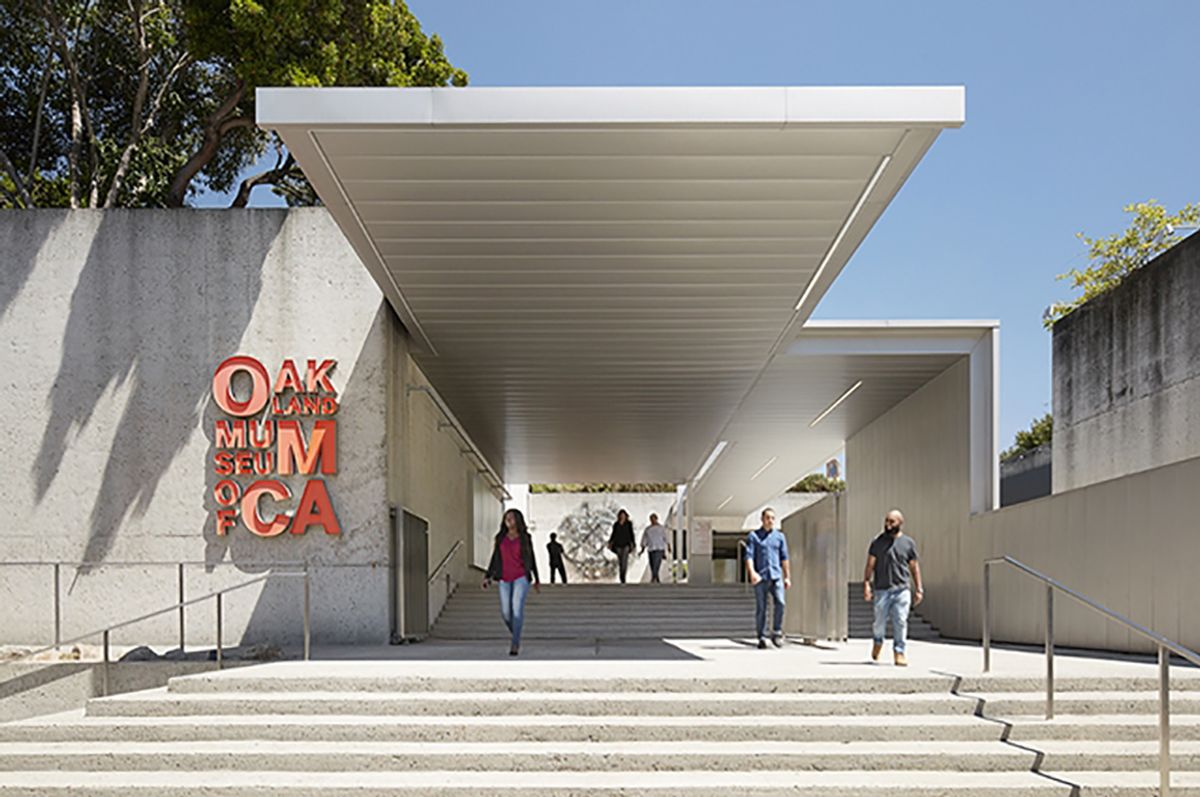Facing a loss of $4.8m in revenue related to its closure amid the Covid-19 pandemic, the Oakland Museum of California (OMCA) reports that it is reducing its staff by 15% while pursuing policies to make it a more equitable multicultural organisation.
The Bay Area museum, known for exploring California’s art, history and natural surroundings, says that 20 of its 126 full-time positions will be eliminated. The cuts will affect every level of the organisation, including senior management, to ensure that the lowest-paid workers do not bear the brunt of the reductions, it adds.
OMCA says the museum is restructuring with the goal of reducing its annual operating budget from around $16.6m to $14m. The job cuts, it adds, will trim about $1m in payroll costs.
Such job reductions have unfolded at a range of US museums as institutions struggle with the loss of admissions income, restaurant and gift shop revenue and lucrative event rentals. To date the Oakland museum has lost around $2.5m in revenue, it says, and anticipates losing about $2.3m more in the coming fiscal year.
The institution has been closed since 13 March 2020 in response to the pandemic. Meanwhile it has been undergoing a renovation that includes new entrances and paved areas, sculpture installations, plantings and a new outdoor stage, and it hopes to reopen in June after completing the work.
Last April OMCA received a federal Paycheck Protection Program (PPP) loan of $1.56m that kept all staff full employed until 10 June. After those funds ran out, the museum says, it reduced staff members’ working hours, which enabled it to avoid layoffs through the end of the year. In January employees resumed their regular hours so they could take part in workshops focused on restructuring the museum and its business model and compensation philosophy, it adds.
“I have so much gratitude for everyone’s full participation in this process, and feel fortunate that we’ve been able to keep our staff employed up to this point during such a difficult year,” says the museum’s director and chief executive, Lori Fogarty. “Beyond the unfortunate reality of a reduction of staff positions, this new structure will shift the ways we work together.”
She says the museum is taking steps toward “advancing our commitment to becoming an anti-racist, equitable, multicultural organisation” that will be more relevant to the local community as a result of the internal changes, which are to be implemented this spring.


